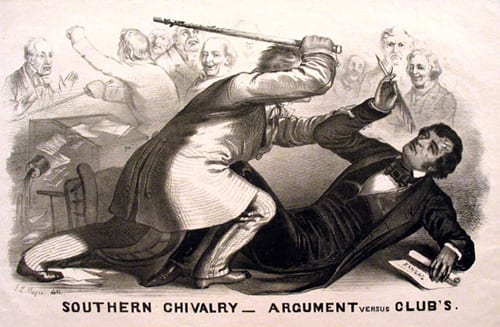The Great American Novel: How and Why
By Ruth Howells, on 8 March 2012
 The ‘Great American Novel’ is often considered a benchmark for literary ambition, sales and critical acclaim.
The ‘Great American Novel’ is often considered a benchmark for literary ambition, sales and critical acclaim.
Dr Kasia Boddy (UCL English Language & Literature), in a Lunch Hour Lecture held on World Book Day (1 March), considered some of the forms this type of novel has taken and some of the issues and needs it looks to address.
The GAN is born
The ‘GAN’ (I am unclear if this acronym is derogatory, affectionate or both) has existed as a concept since 1868, when the American civil war novelist John William De Forest wrote an essay titled ‘The Great American Novel’ in The Nation.
In it, he called for a type of novel that would “successfully assume a burden of cultural importance”, that would take America “not only as their setting, but their subject”.
In the wake of the civil war, the concept originated in a form of American nationalism that looked for a new literature that would rival that of the great British authors. It aimed to be an accurate representation of the zeitgeist in the US at the time of writing.
The GAN aims not just to reflect national identity, but to consolidate it somehow – to show it in its entirety. It aims to be a record or inventory of all that exists within a nation. (This probably explains why they’re often very long or come in more than one volume!)
 Close
Close


